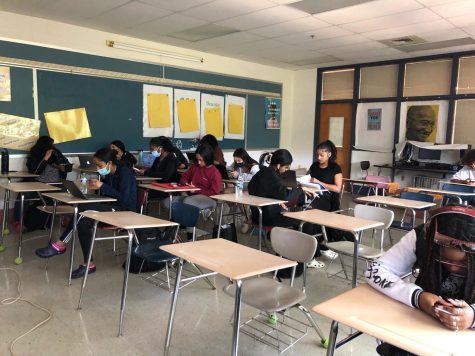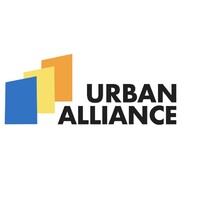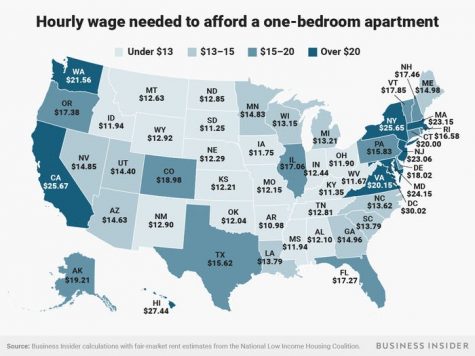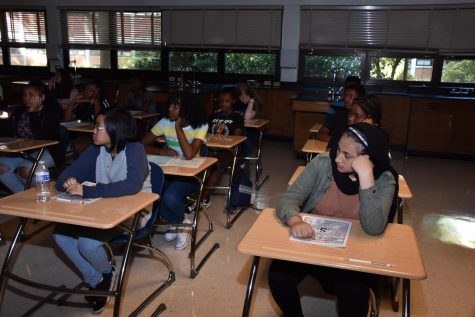The new SAT is very superfluous and inadequate
Recently, the College Board announced a new version of the SAT that will be in effect as of spring 2016. The new changes serve to make college more accessible by lowering the score from 2400 to 1600, omitting obscure vocabulary words from the reading section, making the essay optional, and by other means of enhancing student test performance.
Although this new version of the college admission exam is not applicable to anyone on the Blueprint staff, it is an unfortunate and unnecessary modification of an already unreliable assessment.
The removal of the dreaded, irrelevant SAT vocabulary is unarguably beneficial to students, but the new optional essay is not. Writing is especially important for college and post-college years where skills are required for essay and resumé composition. Making the essay optional may ultimately jeopardize the development of potential writing skills.
Another feature of the new SAT system is the free test preparation offered by the Khan Academy. This is said to help close the gap between the wealthy and the deprived. However, there have always been free resources to help students prepare. Merely making test preparation “official” does not ensure higher rates of success. If students have the right mindset to do well, they will find their own mode of studying and take advantage of the resources available to them to their fullest.
Students have also claimed that the redesigned SAT format highly resembles the ACT, an alternative admission exam. By making the two tests similar, the College Board is essentially eliminating the students’ ability to choose the test that better suits them.
Either way, colleges are more likely to focus on the student’s grade point average (GPA) rather than on the admission exam score. The final score of the exam does not accurately reflect students’ potential compared to their GPA.
The modifications are more superfluous than beneficial. Although we commend the College Board for attempting to make college more accessible, their efforts are feeble. If the Board truly wanted to make it more “accessible,” they should convince the nation’s colleges into lowering tuition fees.










